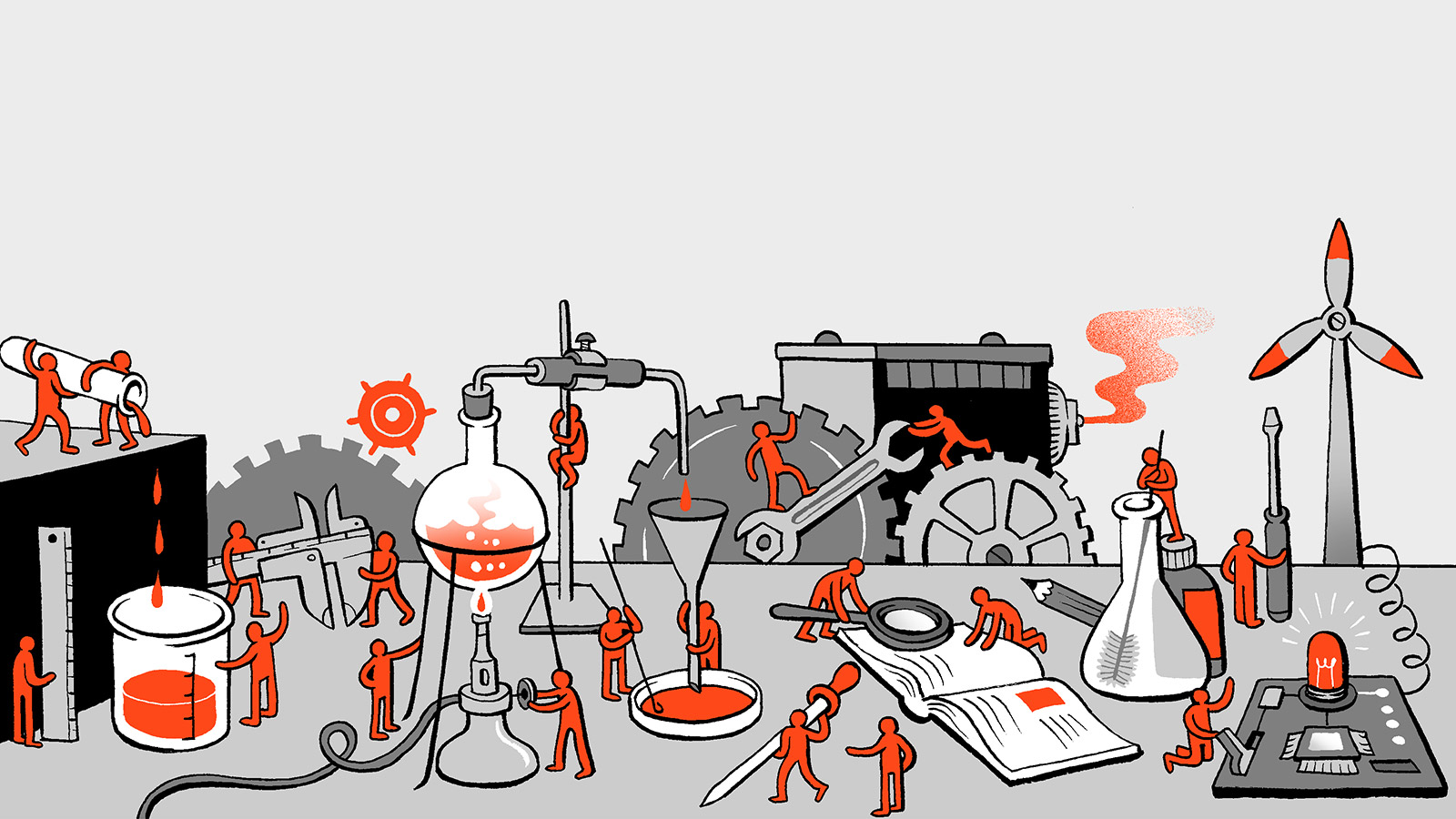While they waited for the pediatrics ward meeting to begin, the workers at Central Hospital of Maputo were singing. "A luta continua contra a sistema colonial." "The struggle against the colonial system still goes on." Although a ten-year war ended direct Portuguese rule in Mozambique, FRELIMO, the governing party...
Tag - third world
Tanzania is an East African country of approximately 16 million people known to many Americans only as the site of Mount Kilimanjaro, Serengeti game park, and the movie "African Queen." The country was a German colony until World War I and subsequently became a British protectorate called Tanganyika until independence...
The popular view, maintained even today, is that the university is a haven for the unproductive—a dream world. But, in fact, the university plays quite an active role in our national life. To put it bluntly, the intellectual work that goes on at the university level is for the most part the work that is required to...
Except perhaps for nuclear war, nothing in our times so threatens a majority of the world's people as do hunger and starvation. The prospects for a reasonably nutritional diet seem increasingly dim for hundreds of millions. Newspaper items predicting mass famine, accompanied by photographs of deformed, starving Asian...
This essay is reproduced here as it appeared in the print edition of the original Science for the People magazine. These web-formatted archives are preserved complete with typographical errors and available for reference and educational and activist use. Scanned PDFs of the back issues can be browsed by headline at...
With recent victories in Indochina and struggles for liberation around the world gaining strength and momentum, one can't help but look for a common element to link these struggles together. Imperialism is often recognized as an exploitative force in the Third World, but little is understood about the effects of...
A number of influential commentators in the United States have recently begun to argue that economic development in the Third World would be incompatible with natural resource conservation and pollution control on a global scale.
Three years ago a few members of the American Physical Society startled their colleagues by wearing a lapel button which read "Science for the People". The reaction of some older established members was: "What do you mean- the people? Am I not the people too?" The question that I want to examine is how science relates...


